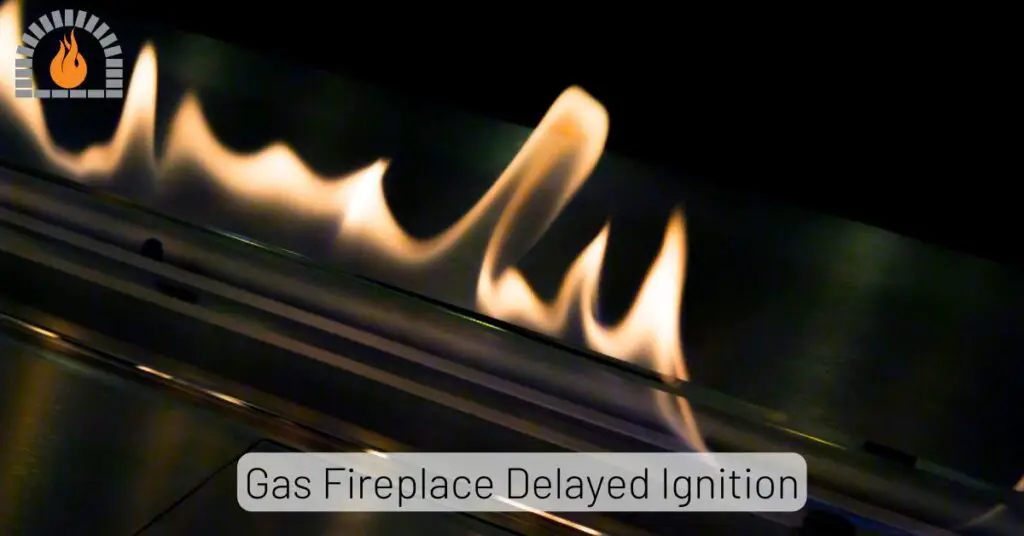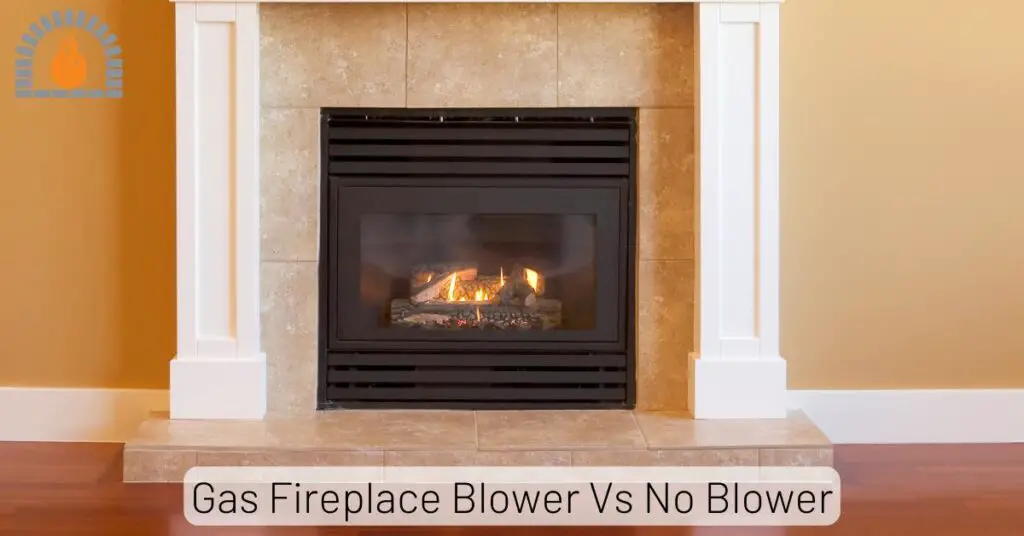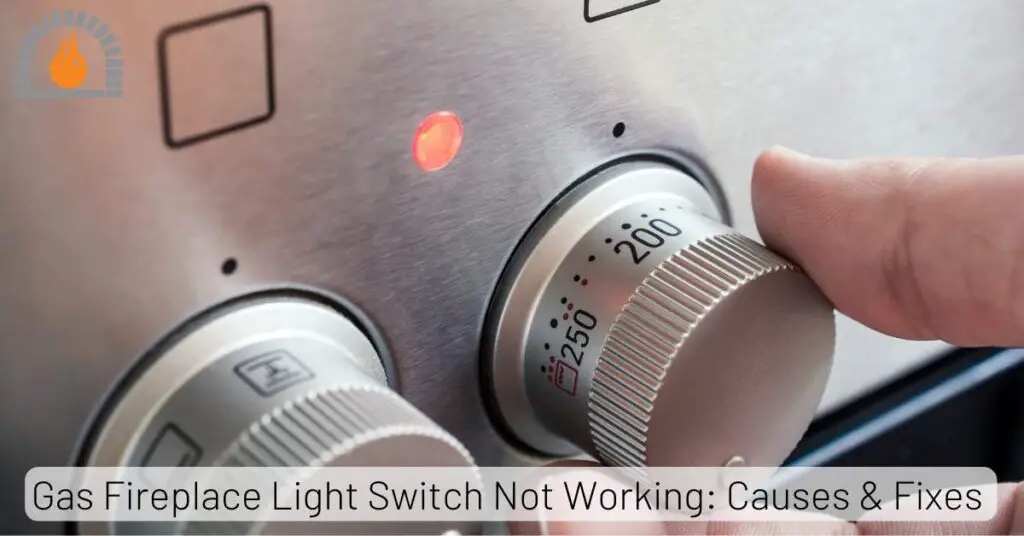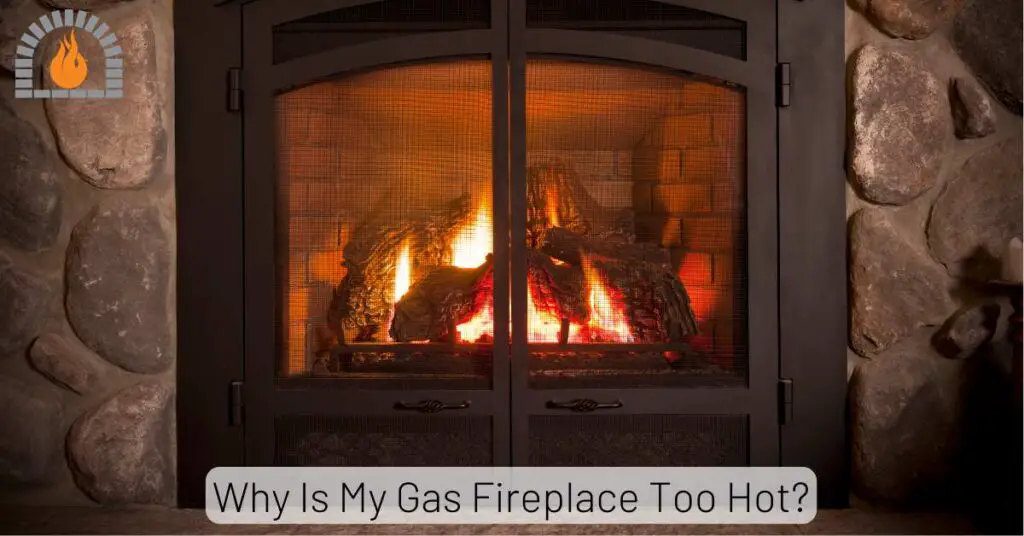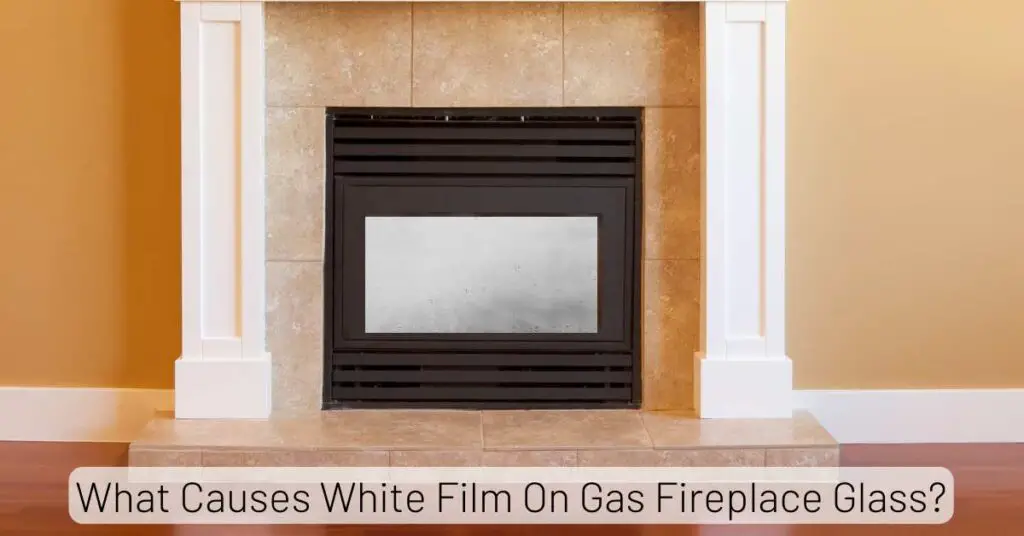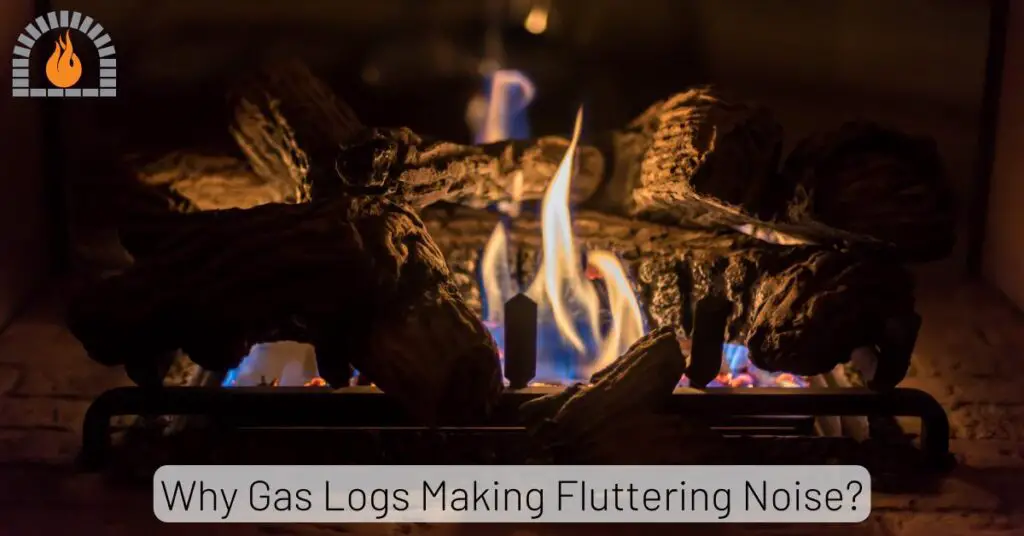Gas fireplaces are a popular and convenient addition to many homes, providing warmth and ambience with just the flip of a switch. However, some homeowners have experienced issues where their gas fireplace leaks when it rains. This article will explore the reasons behind this phenomenon and discuss effective solutions to prevent water infiltration in your gas fireplace.
Why Gas Fireplace Leaks When it Rains?
Gas fireplaces occasionally leak when it rains, which can be attributed to various factors within their intricate design. One primary cause is often found in compromised chimney caps, where damage or absence allows direct access to rainwater.
Additionally, deteriorating flashing surrounding the chimney, cracks in the masonry, and inadequately sealed venting systems contribute to water infiltration.
Common Causes of Gas Fireplace Leaks During Rainy Weather
- Chimney Cap Issues:
- One common culprit is a damaged or missing chimney cap. A chimney cap is a protective barrier, preventing rainwater from entering the chimney and fireplace.
- Leaky Flashing:
- The flashing around the chimney may deteriorate, allowing rainwater to seep through. Proper maintenance and inspection can identify and address any flashing issues.
- Cracked Masonry:
- Cracks in the masonry around the fireplace or chimney can create pathways for rainwater to infiltrate. Regular inspections can help detect and repair any structural issues.
- Poorly Sealed Venting System:
- The venting system, including the flue and pipes, should be tightly sealed. Any gaps or cracks can result in water entry. Ensuring proper installation and maintenance is essential.
Preventive Measures to Safeguard Your Gas Fireplace
- Invest in a high-quality chimney cap and ensure it is properly installed. This simple addition can significantly reduce the risk of rainwater entering your gas fireplace.
- Schedule routine inspections of your gas fireplace and chimney. Identify and address any issues promptly to prevent them from escalating.
- Consider applying a waterproof sealant to the masonry surrounding the fireplace. This acts as an additional layer of protection against moisture infiltration.
- Hire a qualified technician to inspect and maintain the venting system. This includes checking for tight seals and addressing any wear and tear.
Related Posts:
The Importance of Timely Repairs for Gas Fireplace Leaks When it Rains.
Neglecting gas fireplace issues related to rainwater leaks can lead to more extensive damage and potentially compromise the safety and efficiency of your fireplace.
Addressing problems promptly safeguards your investment and ensures the continued enjoyment of a cosy and functional fireplace.
DIY Solutions for Minor Issues
For minor issues like small cracks or gaps, homeowners can use fireplace sealant to temporarily address the problem. However, consulting with a professional for a comprehensive solution is crucial.
If you’re unsure about the source of the leak or if the issue persists despite DIY efforts, it’s advisable to consult with a qualified gas fireplace technician. Their expertise can pinpoint the problem and provide effective solutions.
Benefits of Regular Fireplace Maintenance
Regular maintenance not only prevents leaks but also enhances your gas fireplace’s overall performance and longevity. It’s a worthwhile investment in both comfort and safety.
Affiliate Disclosure: Fireplaceadviser.com is a participant in the Amazon Services LLC Associates Program. We may earn a commission when you click on certain links on this site and purchase.

Hello!! I am Jamal Khan. I often fix my home electric heaters and gas stove problems and research the common issues in the heating units to improve my knowledge and expertise. The aim of establishing fireplaceadviser.com is to share my expertise and knowledge with my audience.




